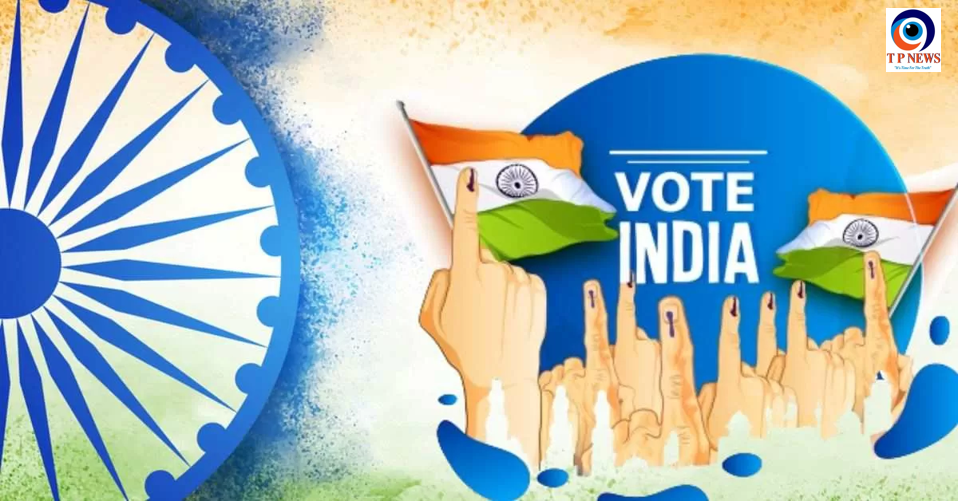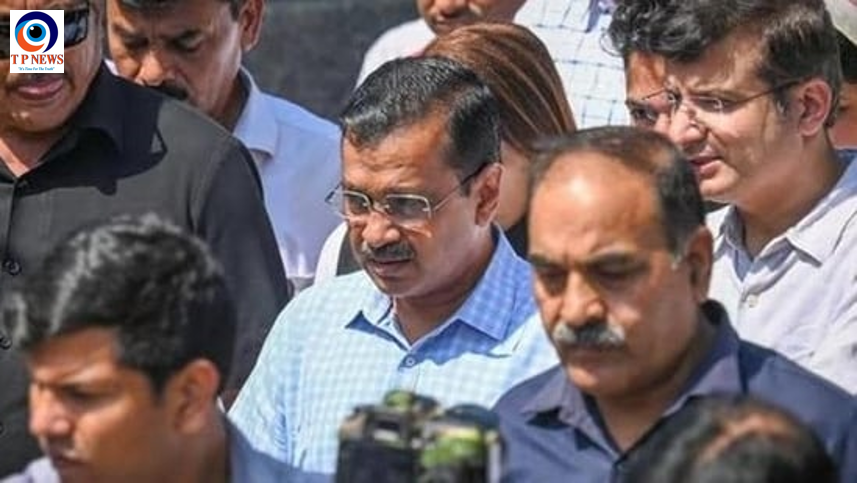New Delhi : Shri. Narendra Modi was sworn in today as the Prime Minister of India for the third consecutive term. President Droupadi Murmu administered the Oath of Office and Secrecy to Mr. Modi, along with the new Council of Ministers, at a ceremony held at Rashtrapati Bhawan. During the swearing-in ceremony, 31 Cabinet Ministers, five Ministers of State (Independent Charge), and 36 Ministers of State took the oath.
Senior BJP leaders Rajnath Singh, Amit Shah, Nitin Gadkari, Dr. S. Jaishankar, Piyush Goyal, Dharmendra Pradhan, Nirmala Sitharaman, and BJP President J.P. Nadda were sworn in as Cabinet Ministers. Other senior party leaders, including Kiren Rijiju, Pralhad Joshi, Giriraj Singh, Ashwini Vaishnaw, Jyotiraditya Scindia, Bhupender Yadav, Gajendra Singh Shekhawat, Annapurna Devi, Hardeep Singh Puri, Dr. Mansukh Mandaviya, G. Kishan Reddy, C.R. Patil, Dr. Virendra Kumar, and Jual Oram, also took the oath as Cabinet Ministers. Former Chief Ministers Shivraj Singh Chouhan, Manohar Lal, and Sarbananda Sonowal were among those administered the oath as Cabinet Ministers. Additionally, former Karnataka Chief Minister and JD(S) MP H.D. Kumaraswamy, former Bihar Chief Minister and HAM party chief Jiten Ram Manjhi, JD(U) MP Rajiv Ranjan Singh, TDP MP Kinjarapu Ram Mohan Naidu, and LJP (Ram Vilas) Chief Chirag Paswan were sworn in as Cabinet Ministers. BJP leaders Rao Inderjit Singh, Dr. Jitendra Singh, Arjun Ram Meghwal, Prataprao Jadhav of Shiv Sena, and RLD Chief Jayant Chaudhary took the oath as Ministers of State (Independent Charge).
During the ceremony, 36 Ministers of State also took the oath. They include BJP MPs Jitin Prasada, Shripad Yesso Naik, Pankaj Chaudhary, Nityanand Rai, Krishan Pal, V. Somanna, S.P. Singh Baghel, Shobha Karandlaje, Suresh Gopi, Raksha Khadse, Ajay Tamta, Bandi Sanjay Kumar, Kamlesh Paswan, Harsh Malhotra, Satish Dubey, and Ravneet Singh Bittu. Also sworn in were RPI’s Ramdas Athawale, Ramnath Thakur of JD(U), Anupriya Patel of Apna Dal (S), and TDP’s Dr. Pemmasani Chandrasekhar.
Several leaders from neighboring countries and the Indian Ocean region attended the swearing-in ceremony, including Sri Lankan President Ranil Wickremesinghe, Maldivian President Dr. Mohamed Muizzu, Seychelles Vice-President Ahmed Afif, Bangladeshi Prime Minister Sheikh Hasina, Mauritian Prime Minister Pravind Kumar Jugnauth, Nepali Prime Minister Pushpa Kamal Dahal ‘Prachanda,’ and Bhutanese Prime Minister Tshering Tobgay.
Notable dignitaries present at the event included Vice President Jagdeep Dhankhar, Chief Justice of India Dr. D.Y. Chandrachud, Congress President Mallikarjun Kharge, Bihar Chief Minister and JD(U) president Nitish Kumar, Andhra Pradesh Chief Minister-designate N. Chandrababu Naidu, Uttarakhand Chief Minister Pushkar Singh Dhami, Uttar Pradesh Chief Minister Yogi Adityanath, Manipur Chief Minister N. Biren Singh, Haryana Chief Minister Nayab Singh Saini, and Maharashtra Deputy Chief Minister Ajit Pawar. Celebrities such as actors Rajnikanth, Shah Rukh Khan, Akshay Kumar, Vikrant Massey, filmmaker Rajkumar Hirani, and business tycoons Mukesh Ambani and Gautam Adani also attended the event.
















